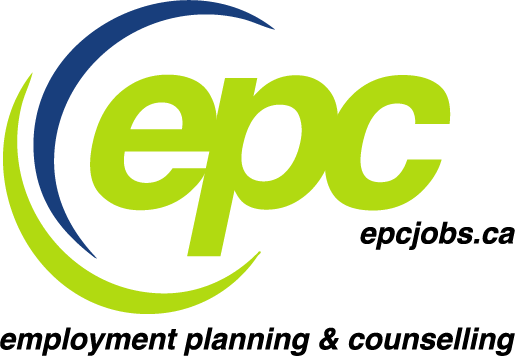There is something about the month of September...warmer clothes, cooler nights, leaves changing and students returning to school. While many parents and students grapple with the challenges of online and in-class learning options, it is inevitable that students of all ages will learn more about both subject material and how to navigate distance education platforms. Yet back to school is not just a term for children, youth, and young adults. Newcomers, career changers, job seekers, and the under-employed can take advantage of numerous online learning experiences as well, some of which may even be free.
Read more ...








